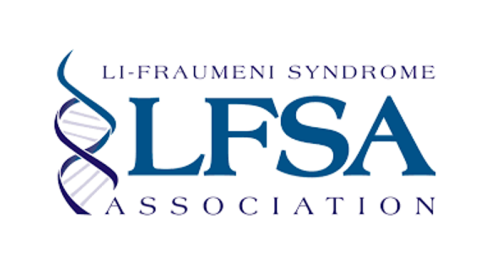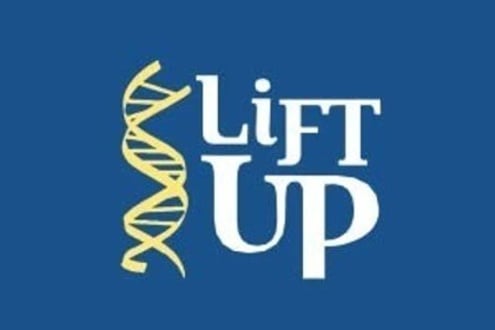TP53 (Li-Fraumeni Syndrome): Cancer Risks
Cancer Risks Associated with Inherited Mutations
()
If you have tested positive for an inherited mutation, we recommend speaking with a genetics expert who can look at your personal and family history of cancer, and can help you decide on a plan for managing your risk.
Experts at the National Comprehensive Cancer Network (NCCN) created guidelines which estimate the cancer risks for people with mutations. These cancer risk estimates, are based on the latest research and include the following:
Risks for adults
|
Cancer Type
|
Lifetime Risk with Mutation
|
Lifetime Risk in General Population
|
|
Breast cancer in women |
More than 60% |
12.5%
|
|
10-year risk for 2nd breast cancer diagnosis in women diagnosed with breast cancer |
18-49% |
|
|
cancer |
25-50% |
12% |
|
Soft tissue sarcoma in men
|
22%
|
less than 1% |
|
Soft tissue sarcoma in women |
15% |
less than 1%
|
|
Bone sarcoma in men
|
11%
|
less than 1% |
|
Bone sarcoma in women |
5% |
less than 1% |
|
Brain cancer in men |
19%
|
less than 1%
|
|
Brain cancer in women |
6%
|
less than 1% |
|
Colorectal cancer |
5-20%
|
4.1%
|
|
Gastric cancer |
10.7%
|
less than 1
|
|
Pancreatic cancer |
5%
|
1.5%
|
|
Melanoma |
14.9% |
2.3%
|
|
Source: NCCN: Genetic/Familial High-Risk Assessment: Breast, Ovarian, Pancreatic, , v. 3, 2026; Source: NCCN: Genetic/Familial High-Risk Assessment: Colorectal, Endometrial, Gastric, v. 1, 2025; Hatton et al. J Invest Dermatol. 2022;142(9):2534-2537; Mai PL, Best AF, et. al. Risks of first and subsequent cancers among mutation carriers in the National Cancer Institute cohort. Cancer. 2016 Dec 1;122(23):3673-3681. doi: 10.1002/cncr.30248. Epub 2016 Aug 6. PMID: 27496084; PMCID: PMC5115949. |
||
Risks for children
Many of the cancers seen in occur particularly early in life, including in children and young adults.
- 4% of babies will develop cancer in their first year of life
- 22% will develop cancer by age 5
- 41% of children will develop cancer by age 18
Research has shown that plays a role in many childhood cancers, including:
- 80% of rhabdomyosarcoma with diffuse anaplasia
- 50% of childhood adrenocortical carcinoma
- 40% of choroid plexus carcinoma
- 40% of low-hypodiploid acute lymphoblastic leukemia
- 10% of Sonic Hedgehog subtype medulloblastoma
- 10% of childhood osteosarcoma
Factors that affect risk
It is important to note that cancer risks are estimates over the course of a person's lifetime. Your lifetime risk and risk over the next five years will vary depending on:
- current age
- sex assigned at birth
- specific mutation
- personal and family health history
- diet, exercise, lifestyle and other factors
More Resources
Visit our partner

Li-Fraumeni Syndrome Association
LFSA provides information, advocacy and resources for individuals and families with Li-Fraumeni syndrome.Participate in research
The LiFT UP Li-Fraumeni & TP53: Understanding & Progress Study
Clinicaltrials.gov identifier: NCT04541654
Personal story
Personal Story : Living a full life with Li-Fraumeni syndrome
This XRAY review is about a five-time cancer survivor who has an inherited mutation in the TP53 gene....

